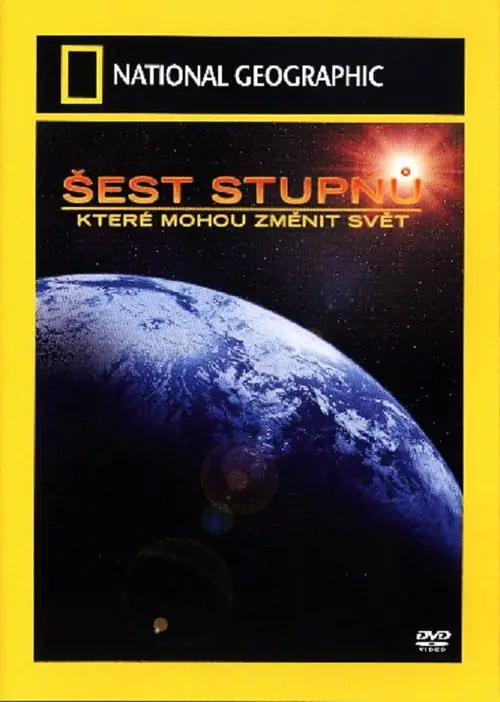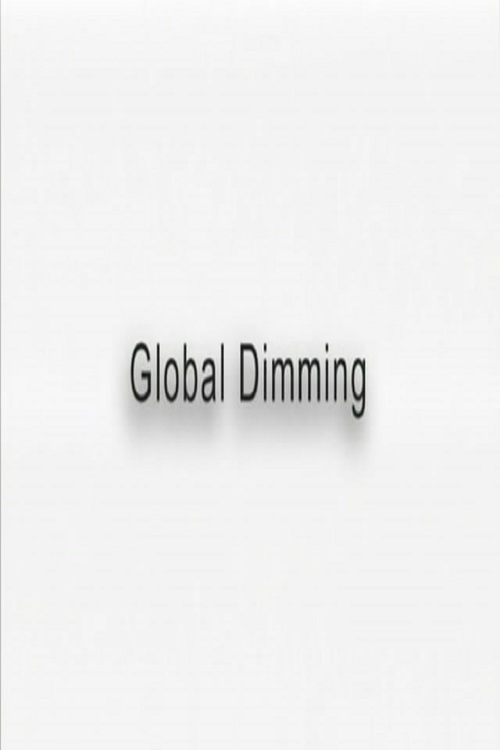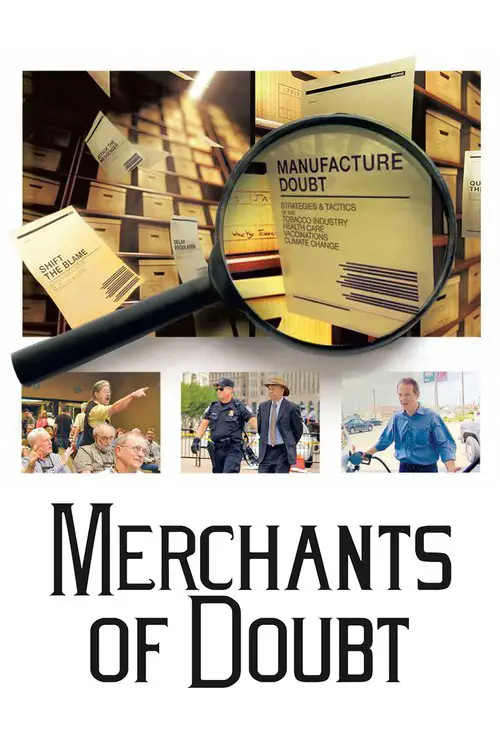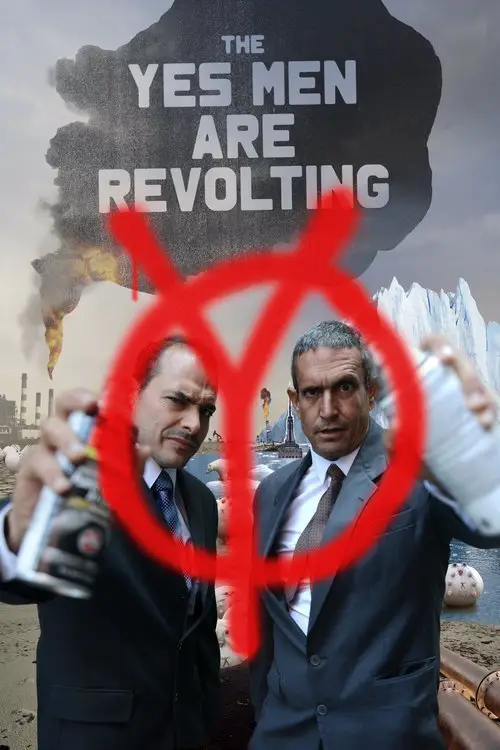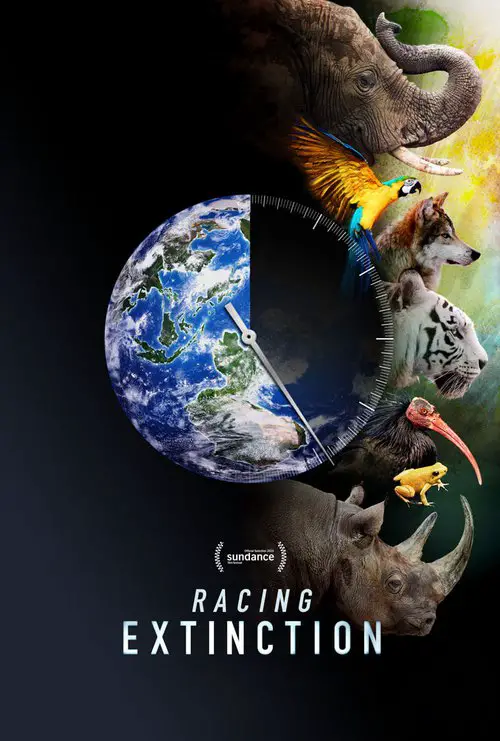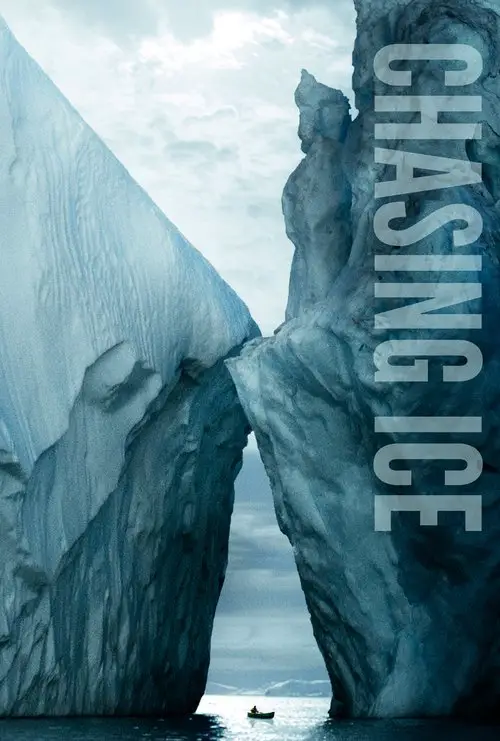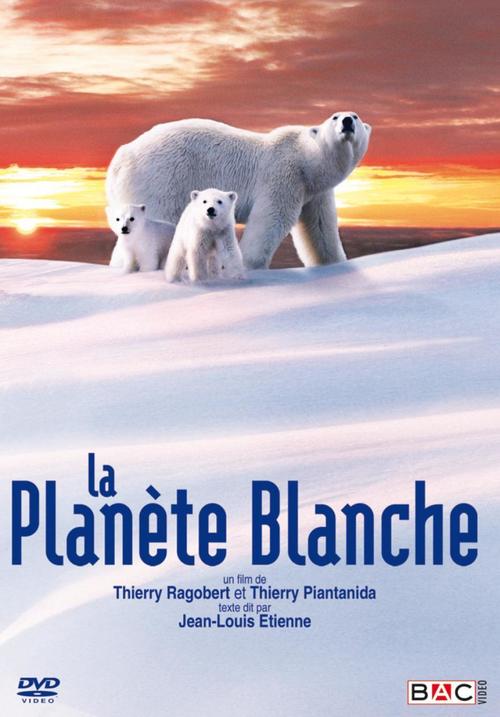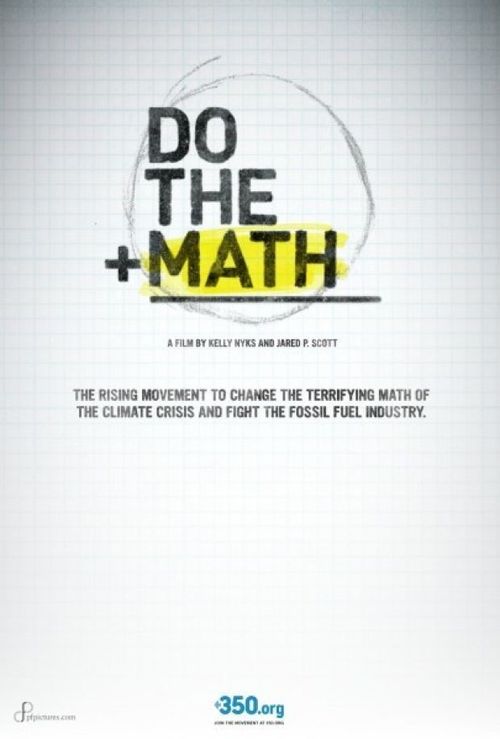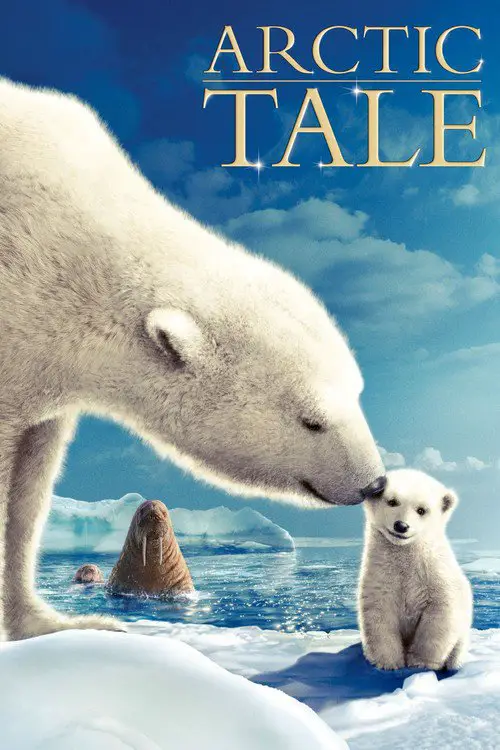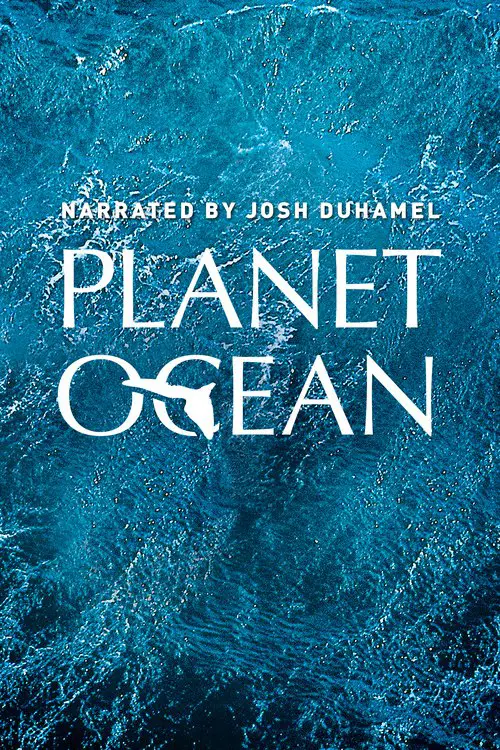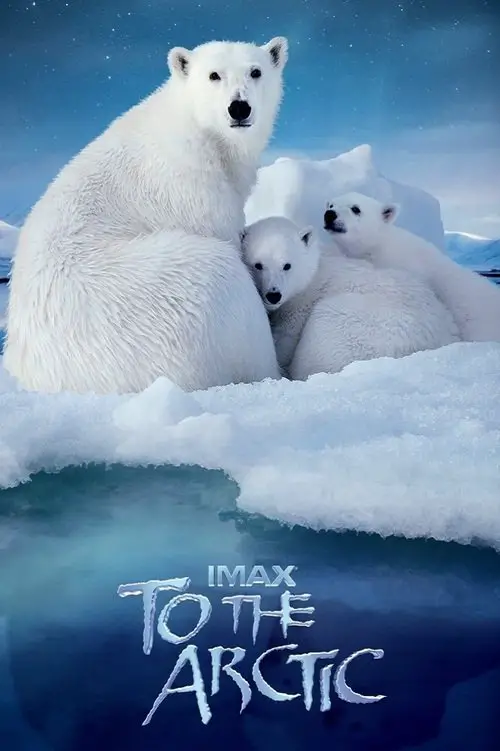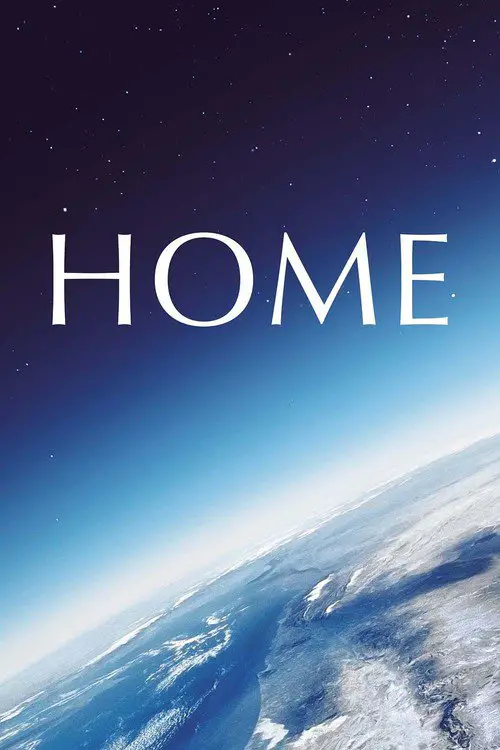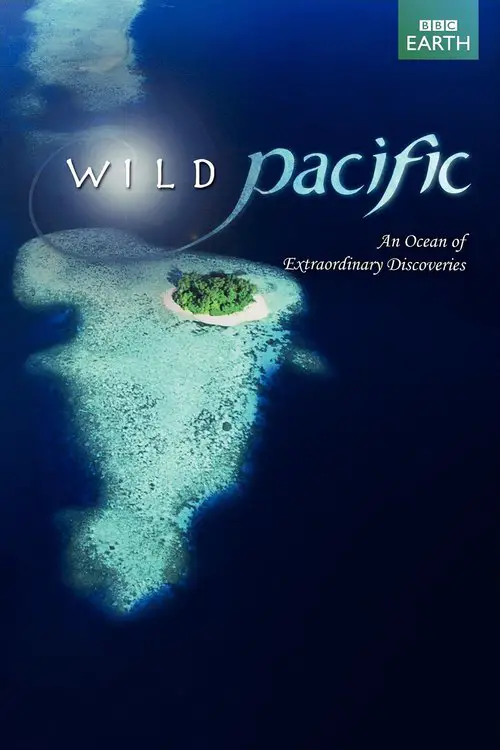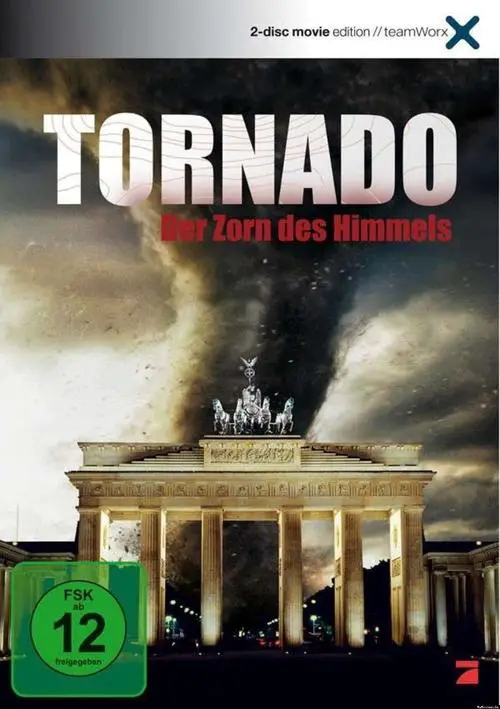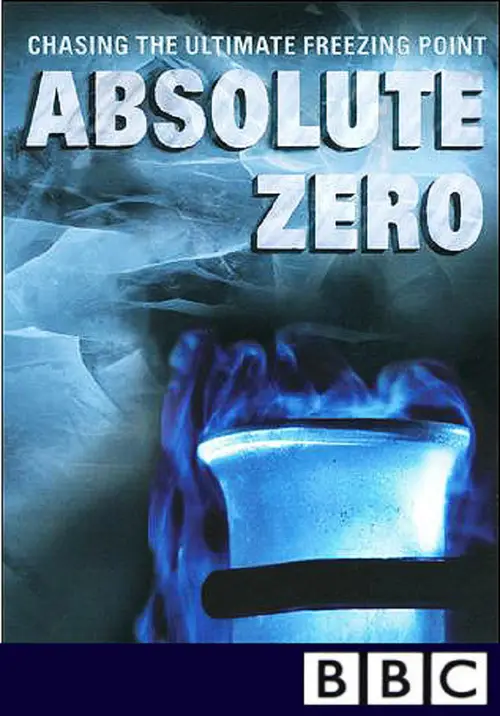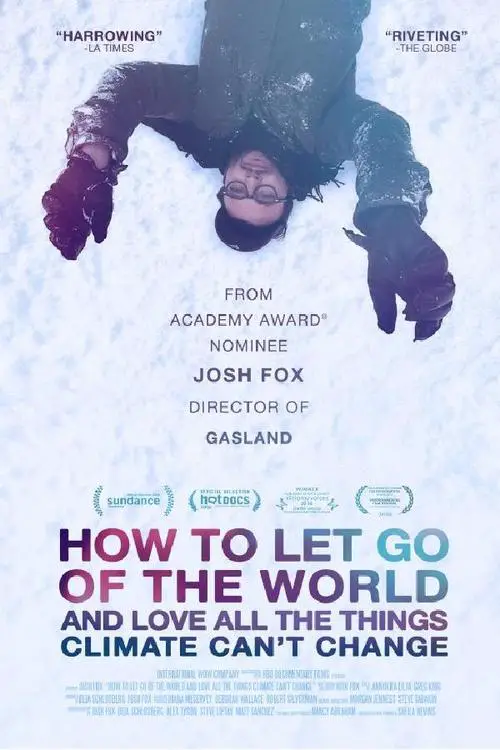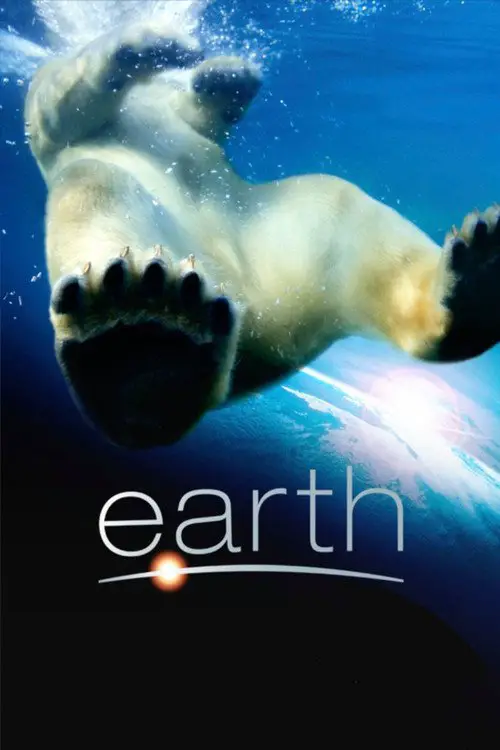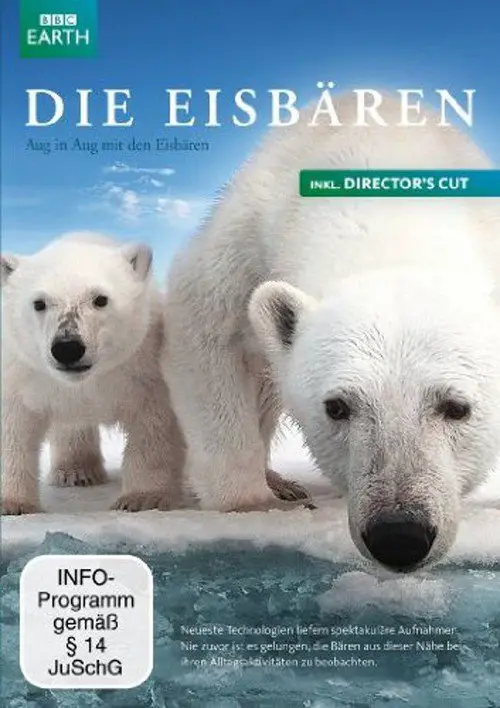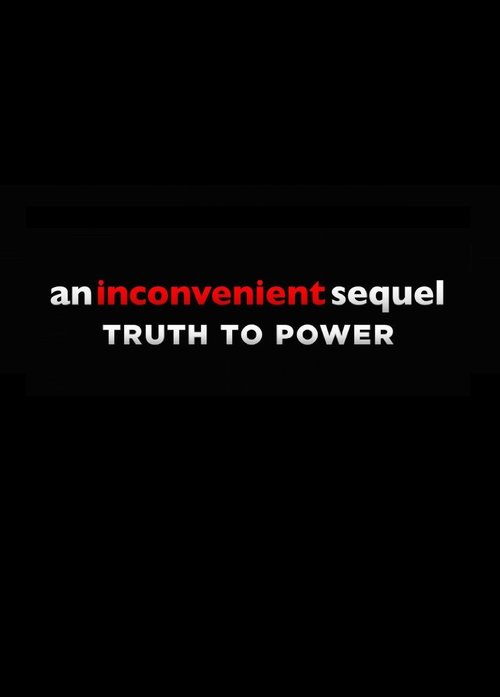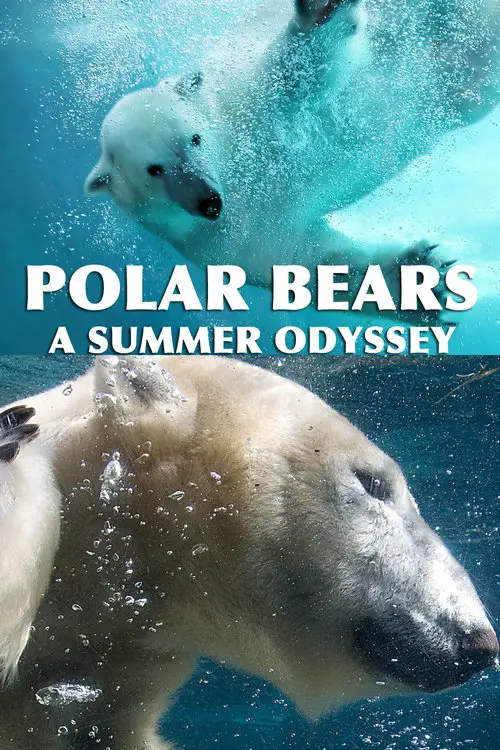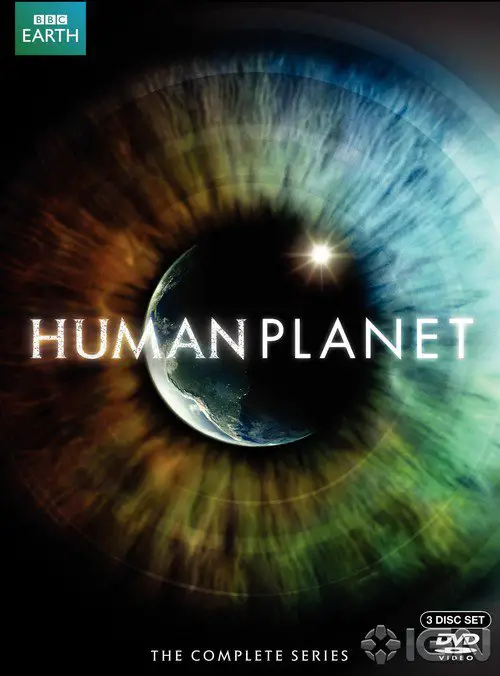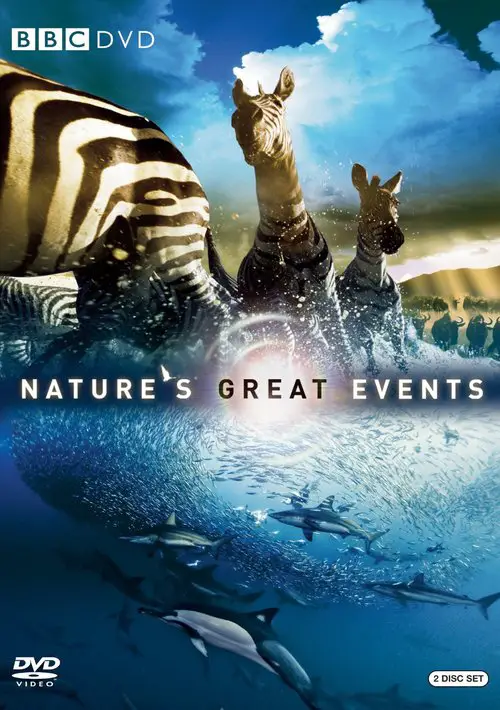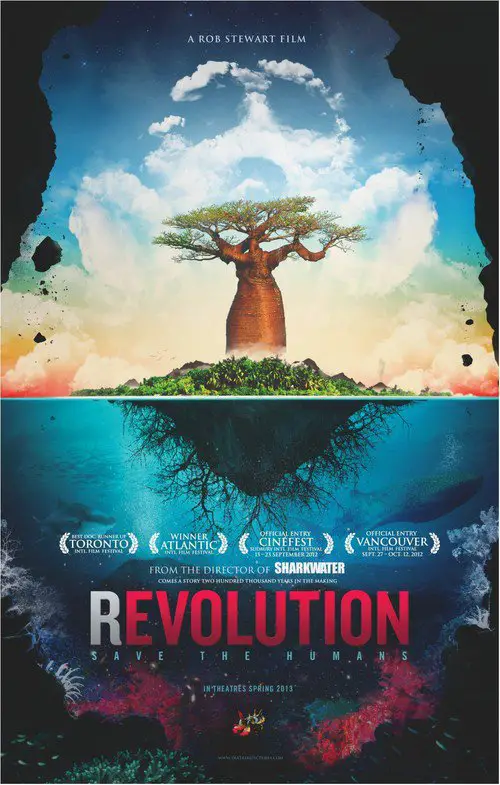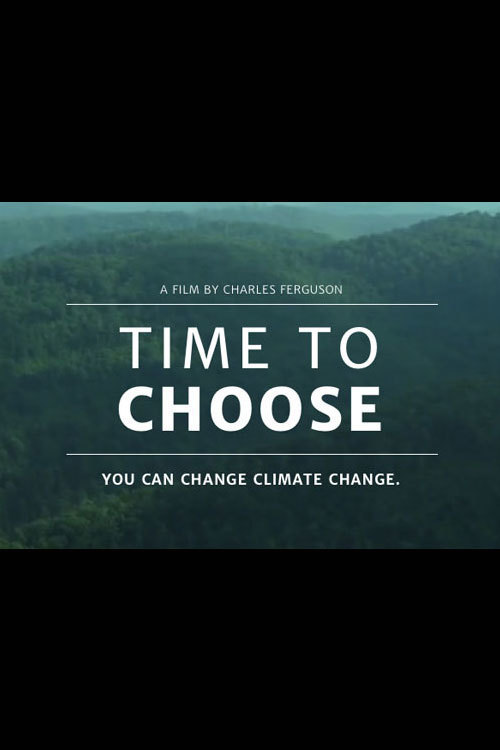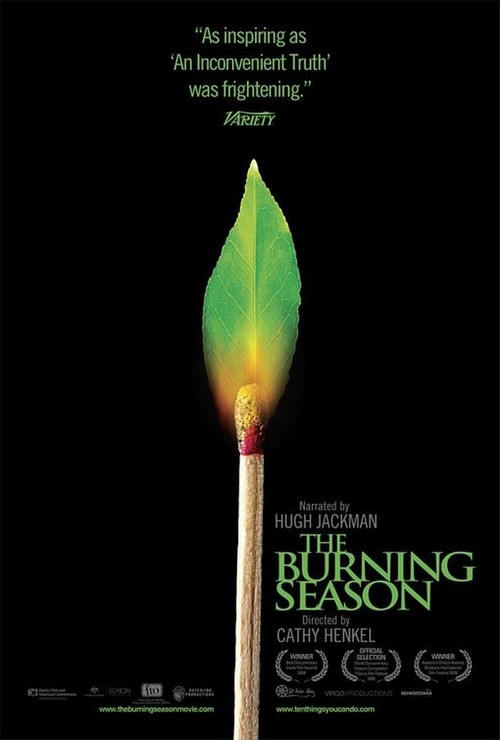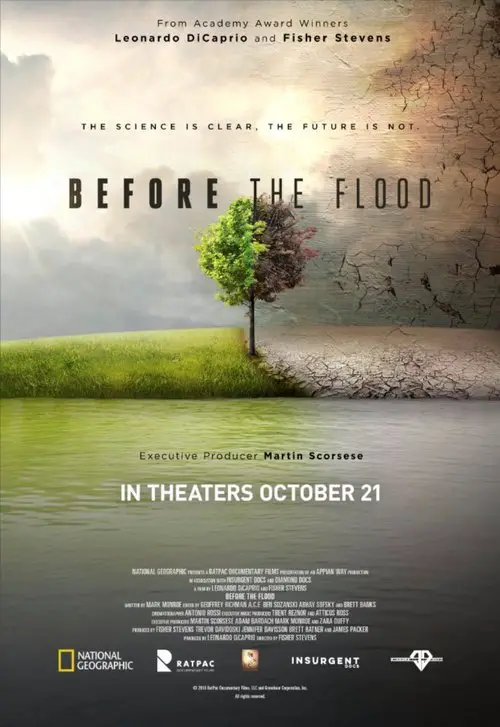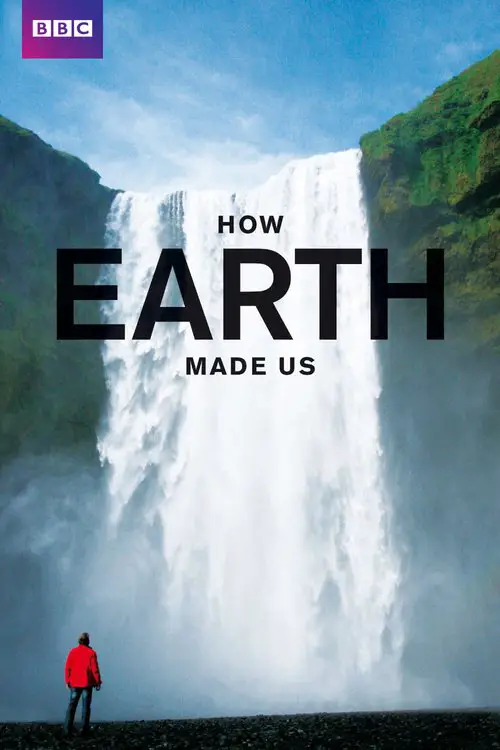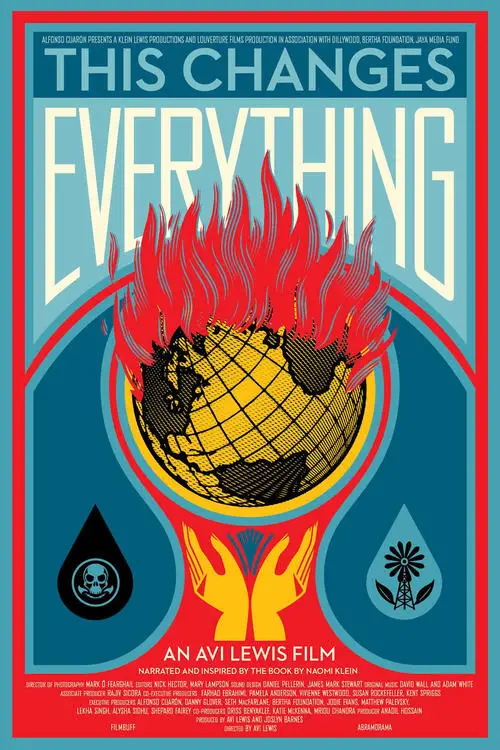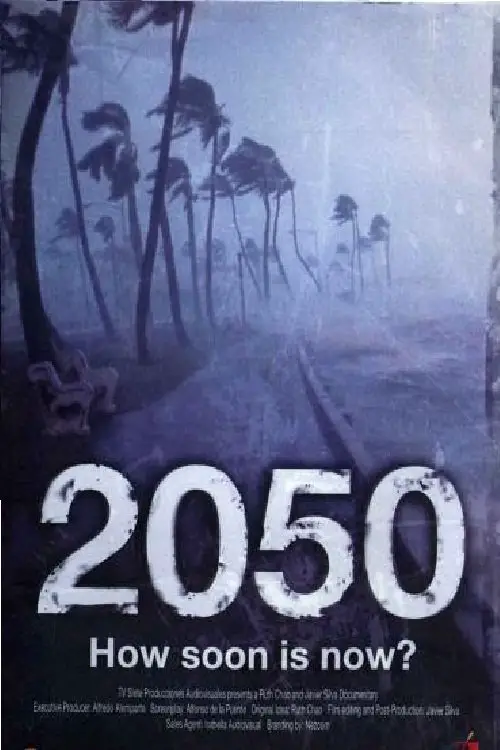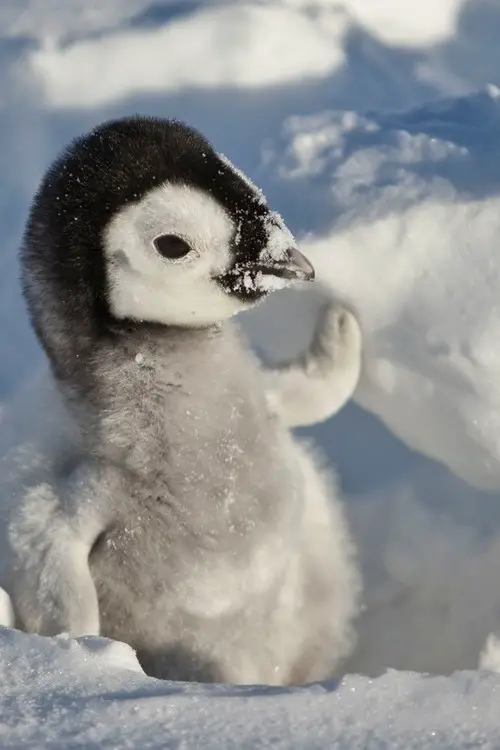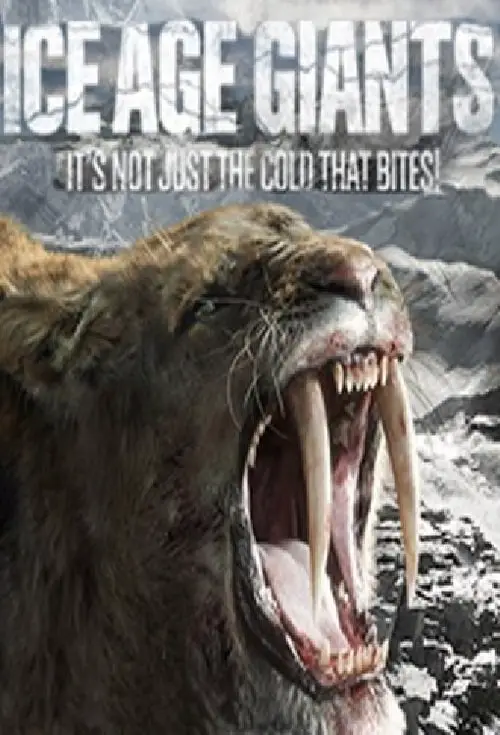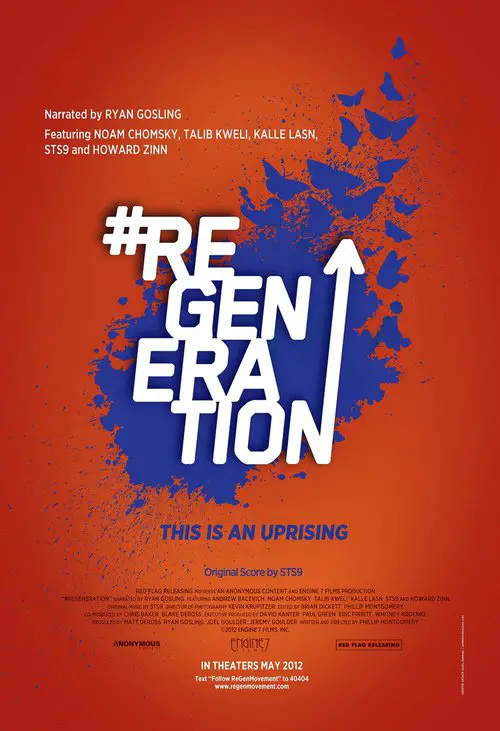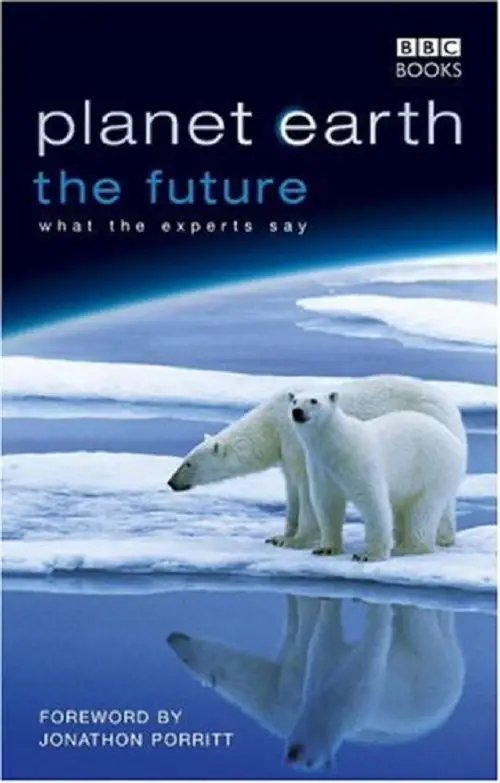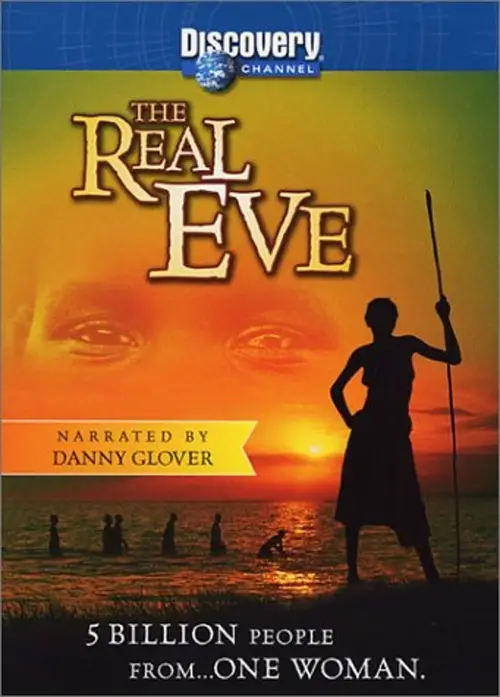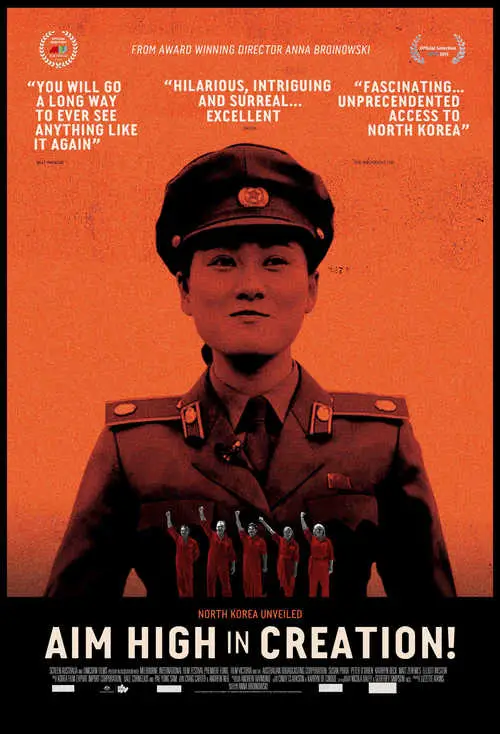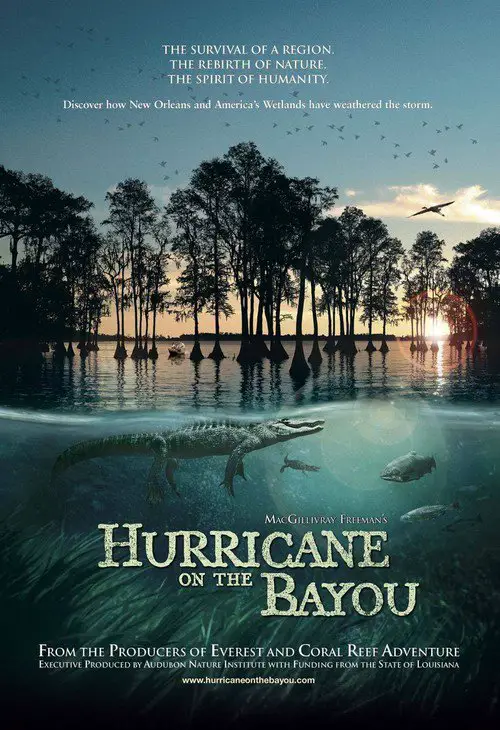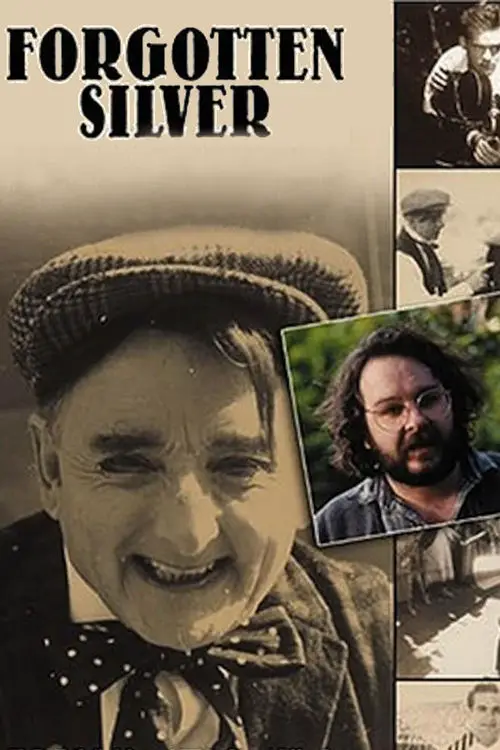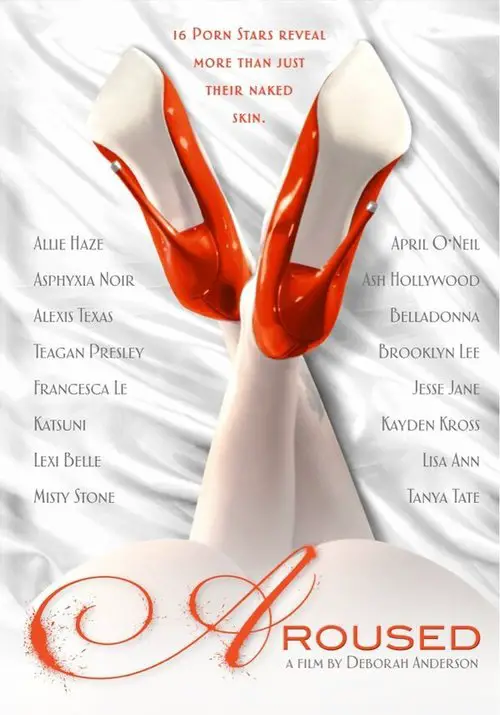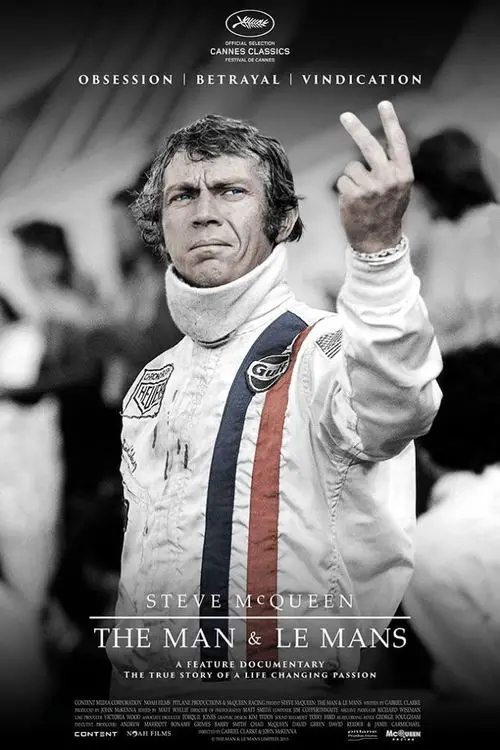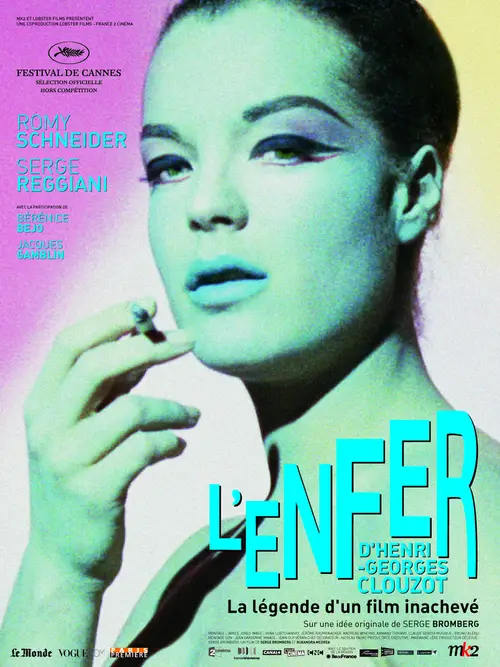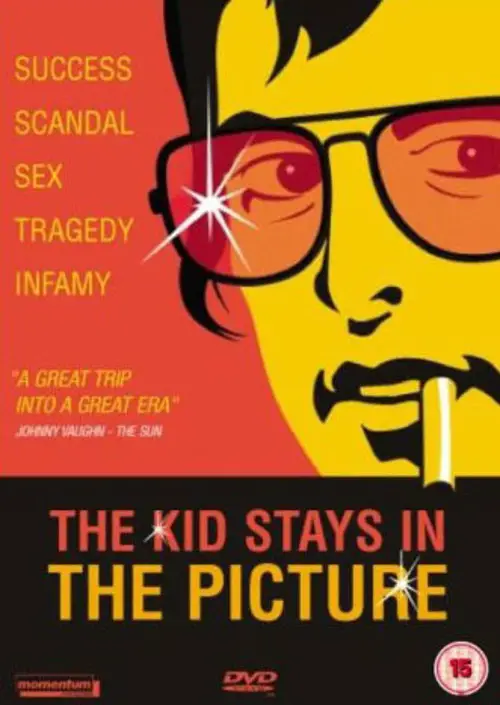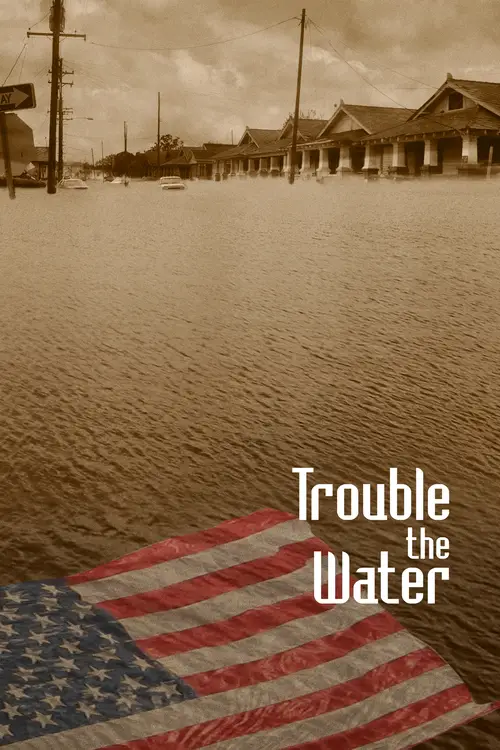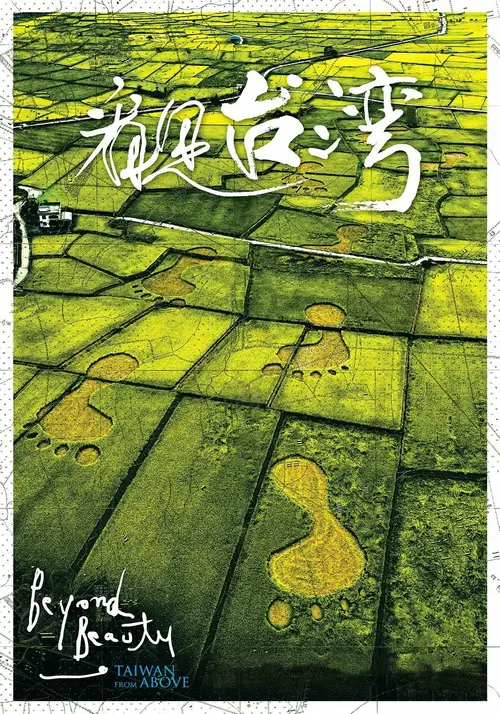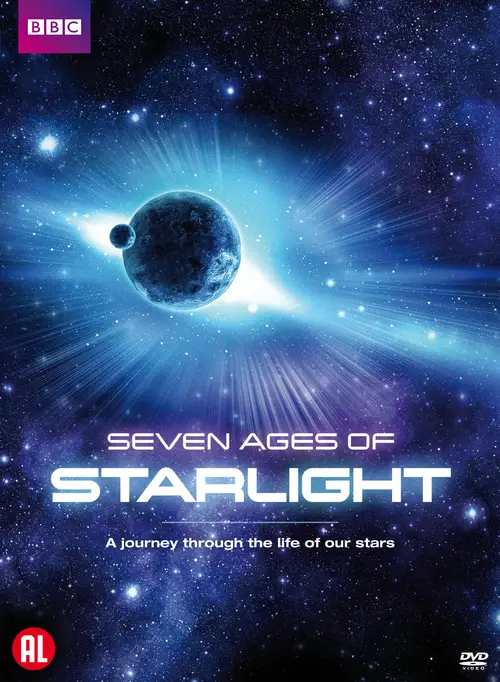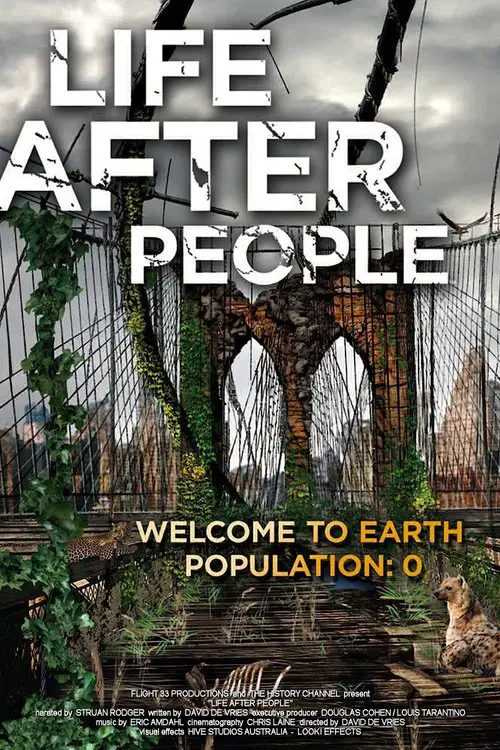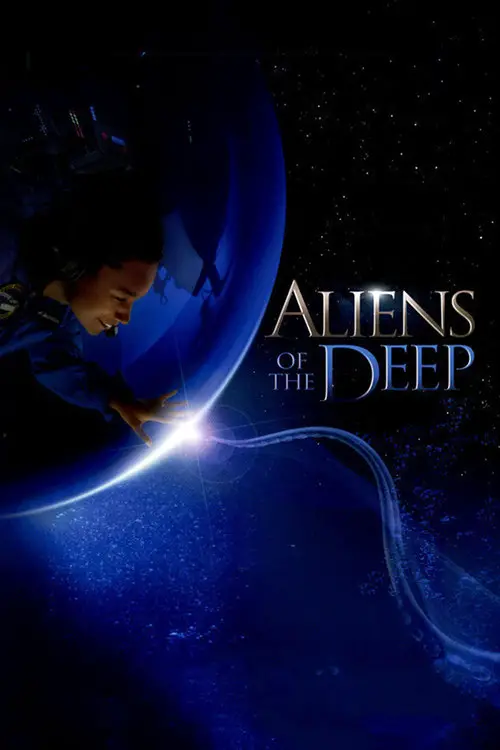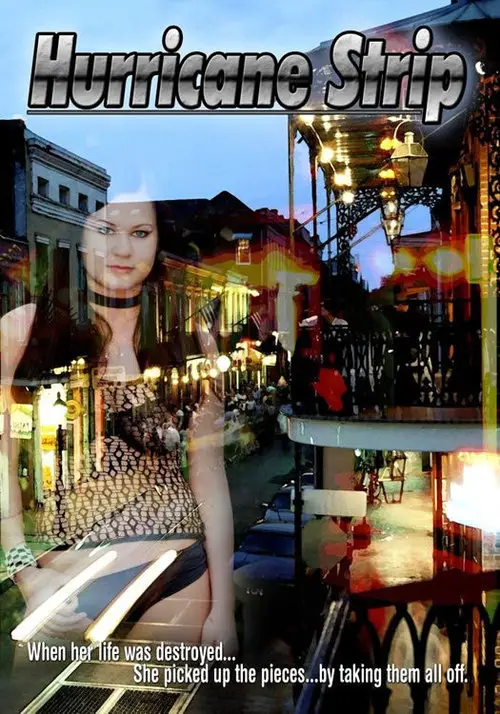The 11th Hour (2007)
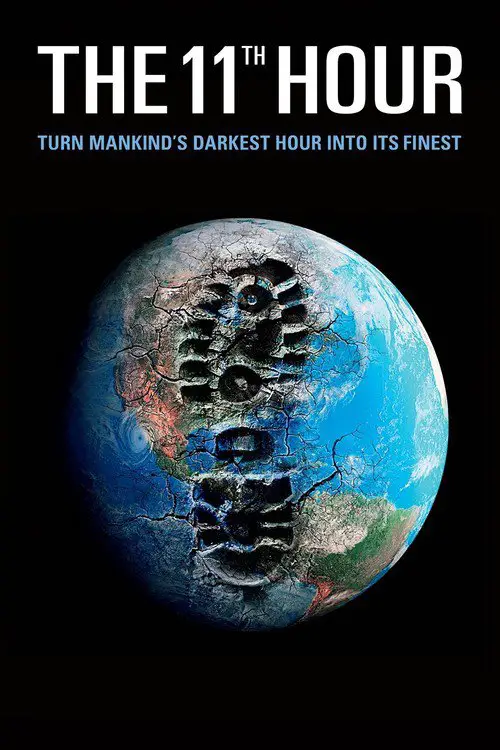
Similar movies
This may be the one of the most important Horizon films of recent years. Climate scientists have just discovered a phenomenon that threatens to disrupt our world. It may already have contributed to the deaths of hundreds of thousands through drought and famine. Unchecked, it will strike again. The good news is that there is a cure. The bad news is that the cure may be worse than the disease. If they are right, then in tackling the one problem, we may unleash a climate catastrophe on our planet. This is a film about stark choices and about the dawning realisation that all our predictions about the world's climate may be completely wrong. At its heart is something that scientists are calling "global dimming".
When National Geographic photographer James Balog asked, âHow can one take a picture of climate change?â his attention was immediately drawn to ice. Soon he was asked to do a cover story on glaciers that became the most popular and well-read piece in the magazine during the last five years. But for Balog, that story marked the beginning of a much larger and longer-term project that would reach epic proportions.
The Age of Stupid is the new movie from Director Franny Armstrong (McLibel) and producer John Battsek (One Day In September). Pete Postlethwaite stars as a man living alone in the devastated future world of 2055, looking at old footage from 2008 and asking: why didnât we stop climate change when we had the chance?
The White Planet or in French, La Planète Blanche, is a 2006 documentary about the wildlife of the Arctic. It shows interactions between marine animals, birds and land animals, especially the polar bear, over a one year period. The fragility of the Arctic is hinted at as a reason to prevent climate change. It was nominated for the Documentary category in the 27th Genie Awards in 2007.
The atomic bomb, the specter of a global nuclear holocaust, and disasters like Fukushima have made nuclear energy synonymous with the darkest nightmares of the modern world. But what if everyone has nuclear power wrong? What if people knew that there are reactors that are self-sustaining and fully controllable and ones that require no waste disposal? What if nuclear power is the only energy source that has the ability to stop climate change?
Itâs simple math: we can burn less than 565 more gigatons of carbon dioxide and stay below 2°C of warming â anything more than that risks catastrophe for life on earth. The only problem? Fossil fuel corporations now have 2,795 gigatons in their reserves, five times the safe amount. And theyâre planning to burn it all â unless we rise up to stop them.
A documentary series on life in and adapted to the conditions of the Southern part of the Pacific Ocean, a vast aquatic region with an unequaled number of islands. Both wildlife and human cultures developed in a unique variety, largely determined by such natural conditions as huge distances, sea depths, currents and winds.
The hottest summer in years: Meteorologist Jan returns from Oklahoma, where he has studied twisters up close, after faring a traumatic catastrophe during his dangerous research. Back in Berlin, he comes to face with his past and his ex-girlfriend Eva, who he had left behind. He clashes with his father, head of the local weather institute, and only his blind sister Sophie still seems to trust him. But no longer is Jan in town that an unusual cold front approaches the city. Immediately Jan recognizes the familiar warning signs of impending doom. He tries to alert the officials, but is ignored by both his father and the government. He is later proven right, and a tornado devastates Berlin. Jan tries to save the people he loves so dearly, even if it means sacrificing his own life
When documentarian Josh Fox realizes, after much soul searching, that the answers for how to respond to the degradation of our environment cannot be found in his own back yard, he travels the world to connect with communities that are already facing grave effects of climate change. What he finds is a complicated mix of tragedy and inspiration in the various ways climate change is affecting our value systems. How to Let Go of the World delivers a sobering portrait of the state of climate change, and takes stock of what makes humans survivors, and our societies so creative and resilient.
A decade after An Inconvenient Truth brought climate change into the heart of popular culture comes the riveting and rousing follow-up that shows just how close we are to a real energy revolution. Vice President Al Gore continues his tireless fight, traveling around the world training an army of climate champions and influencing international climate policy. Cameras follow him behind the scenesâin moments private and public, funny and poignantâas he pursues the empowering notion that while the stakes have never been higher, the perils of climate change can be overcome with human ingenuity and passion.
Human Planet is an 8-part British television documentary series produced by the BBC with co-production from Discovery and BBC Worldwide. It describes the human species and its relationship with the natural world by showing the remarkable ways humans have adapted to life in every environment on Earth. Each episode takes you to the extremes of our planet: the arctic, mountains, oceans, jungles, grasslands, deserts, rivers and even the urban jungle. Here you will meet people who survive by building complex, exciting and often mutually beneficial relationships with their animal neighbours and the hostile elements of the natural world.
Each year over one million wildebeest and zebra invade the Serengeti grasslands, making it a paradise for the predators the live there. But what happens when the herds move off again? We follow the moving story of one lion family's struggle to survive until the return of the great migration. The Ntudu pride has seven cubs, and is already suffering as the wildebeest leave to find fresh pastures. The four pride females struggle to find enough food for their hungry offspring. As weeks turn to months, the pride members become more emaciated and frailer, and the number of cubs dwindles to just two.
Revolution is a new movie from internationally-acclaimed filmmaker Rob Stewart. A follow-up to his award-winning documentary Sharkwater, this continues his remarkable journey of discovery to find out that what he thought was a shark problem is actually a people problem. As Stewart's battle to save sharks escalates, he uncovers grave dangers threatening not just sharks, but humanity. In an effort to uncover the truth and find the secret to saving our own species, Stewart embarks on a life-threatening adventure through 15 countries, over four years in the making. In the past four years the backdrop of ocean issues has changed completely. Saving sharks will be a pointless endeavor if we are losing everything else in the ocean, not just sharks. Burning fossil fuels is releasing carbon dioxide into the atmosphere; changing the oceans, changing atmospheric chemistry and altering our climate.
Every year, thousands of Antartica's emperor penguins make an astonishing journey to breed their young. They walk, marching day and night in single file 70 miles into the darkest, driest and coldest continent on Earth. Morgan Freeman narrates this amazing tale, Breathtaking photography captures the transcendaent beauty and staggering drama, so follow the leader.. to adventure!
Dorjee Sun, a young Australian Entrepreneur, believes there's money to be made from protecting rainforests in Indonesia, saving the orangutan from extinction and making a real impact on climate change. Armed with a laptop and a backpack, he sets out across the globe to find investors in his carbon trading scheme. It is a battle against time. Achmadi, the palm oil farmer is ready to set fire to his land to plant more palm oil, and Lone's orangutan centre has reached crisis point with over 600 orangutans rescued from the fires. The Burning Season is an eco-thriller about a young man not afraid to confront the biggest challenge of our time.
Our planet has amazing power, and yet that's rarely mentioned in our history books. This series tells the story of how the Earth has influenced human history, from the dawn of civilisation to the modern industrial age. It reveals for the first time on television how geology, geography and climate have been a far more powerful influence on the human story than has previously been acknowledged. A combination of epic story telling, visually stunning camerawork, extraordinary locations and passionate presenting combine to form a highly original version of human history.
A 2004 Pentagon report warns the US President that an abrupt climate change will take the planet earth on the brink of anarchy and nuclear war for access to basic resources like food and water. "2050" approaches the climate change issue from the perspective of the consequences for our civilization and the short time we have to react.
In 2005, a small group of scientists and filmmakers agreed to leave everything behind for more than a year to sail to the Antarctic and live in isolation. Following in the path of the greatest explorers, expedition leader Jean Lemire and the crew of the Sedna IV dedicated themselves completely to measuring the threat posed by global warming in a place where Earth is particularly vulnerable. The resulting film, is a record of their incredible 430-day journey that inspires equal measures of fear and admiration. Alternating between captivating images of beauty and serenity, and spine-tingling sequences where the ship's crew finds itself on the edge of catastrophe, this is an expedition where danger and wonder are inextricably linked.
Taking Liberties Since 1997is a documentary film about the erosion of civil liberties in the United Kingdom and increase of surveillance under the government of Tony Blair. It was released in the UK on 8th June 2007. The director, Chris Atkins, said on 1 May that he wanted to expose "the Orwellian state" that now threatened Britain as a result of Mr Blair's policies.
Professor Alice Roberts journeys 40,000 years back in time on the trail of the great beasts of the Ice Age in this BBC documentary miniseries. It begins in the land of the sabre-tooth; North America, a continent that was half covered by ice. Alice traces the movements of Ice Age beasts like bear-sized sloths, vast mammoths and the strange beast known as the glyptodon. These leviathans were stalked by the meanest big cat that ever: Smilodon fatalis. In the Land of the Cave Bear, Alice ventures to the parts of the northern hemisphere, hit hardest by the cold. High in the mountains of Transylvania, a cave sealed for thousands of years reveals grisly evidence for a fight to the death between two staving giants, a cave bear and a cave lion. Yet Alice discovers that for woolly rhinos and woolly mammoths, the Ice Age created a bounty. In the final installment, Alice sets off on her last voyage back to the Ice Age to discover why the giants of the age went extinct.
Planet Earth: The Future is a 2006 BBC documentary miniseries on the environment and conservation, produced by the BBC Natural History Unit as a companion to the multi-award winning nature documentary Planet Earth. The programmes were originally broadcast on BBC Four immediately after the final three episodes of Planet Earth on BBC One. Each episode highlights the conservation issues surrounding some of the species and environments featured in Planet Earth, using interviews with the film-makers and eminent figures from the fields of science, conservation, politics, and theology. The programmes are narrated by Simon Poland and the series producer was Fergus Beeley.
The made-for-cable documentary film The Real Eve is predicated on the theory that the human race can be traced to a common ancestor. The mitochondrial DNA of one prehistoric woman, who lived in Africa, has according to this theory been passed down from generation to generation over a span of 150,000 years, supplying the "chemical energy" to all humankind.
A revolutionary film about the cinematic genius of North Korea's late Dear Leader Kim Jung-IL, with a groundbreaking experiment at its heart - a propaganda film, made according to the rules of his 1987 manifesto. Through the shared love of cinema, AIM HIGH IN CREATION! forges an astonishing new bond between the hidden filmmakers of North Korea and their Free World collaborators. Revealing an unexpected truth about the most isolated nation on earth: filmmakers, no matter where they live, are family.
This dryly funny mockumentary about the lost work of a pioneering New Zealand film genius is probably one of the best examples of the faux-documentary genre. In fact, it was so successful that when it originally aired on New Zealand television, hundreds of viewers bought the premise hook, line, and sinker. If you didn't know any better yourself, it's entirely possible you might be duped into believing the extremely tall tale of one Colin MacKenzie, an ambitious filmmaker who made the world's first talking movie (years before The Jazz Singer), invented color film, and created a huge biblical epic that would put Cecil B. DeMille and D.W. Griffith to shame. Filmmaker Peter Jackson (Heavenly Creatures) shrewdly inserts himself into the film via his documentation of the "discovery" of McKenzie's lost epic, which for years was preserved in a garden shed.
Get up close and personal with 16 of the most successful women in the adult film industry as they shed their clothes for an intimate photo shoot with director Deborah Anderson. As questions are asked, personal stories about their lives are revealed, from why they chose the business of sex to how they got into it in the first place. These porn stars have always been discreet about their private lives in the past, yet Anderson has a way of opening up a dialog allowing them to share more than just their naked skin on screen. Their true inner vulnerability is touching, yet the characters they have created are confident and intoxicating. Once you hear their stories, you'll never look at them in the same way again.
This documentary about Henri-Georges Clouzotâs unfinished 1964 psycho-thriller LâEnfer is as tantalizing as it is frustrating. Despite remaining one of the most masterful of French directors, Cluozot inexplicably seems to have lost control on the big-budget production of LâEnfer. The long-lost raw footage is intriguing and dazzling, infused with swirling lights and blue-lipped, cigarette-puffing fantasy temptresses. Although directors Serge Bromberg and Ruxandra Mederea have managed to speak to numerous members of the original crew, this behind-the-scenes investigation has so little to say about the reasons behind Clouzotâs failure to complete the film. In spite of this, the undiminished power of Clouzotâs extraordinary images makes the documentary a fascinating watch.
"Trouble the Water" takes you inside Hurricane Katrina in a way never before seen on screen. The film opens the day before the storm makes landfall--just blocks away from the French Quarter but far from the New Orleans that most tourists knew. Kimberly Rivers Roberts, an aspiring rap artist, is turning her new video camera on herself and her Ninth Ward neighbors trapped in the city. Weaving an insider's view of Katrina with a mix of verité and in-your-face filmmaking, it is a redemptive tale of self-described street hustlers who become heroes--two unforgettable people who survive the storm and then seize a chance for a new beginning.
Seven Ages of Starlight takes us on a journey through the life of stars Stars are at the heart of all life. Humans and all other life forms on our planet - from bacteria in the top of our atmosphere to the creatures in the darkest depths of our oceans - depend on our very own star, the sun. Much of the matter that makes up the known universe comes from stars and is put into motion by their enormous gravity. Even our planet and our bodies are made from stardust forged in the thermonuclear furnace of brightly burning stars.
The Endless Summer, by Bruce Brown, is one of the first and most influential surf movies of all times. The film documents American surfers Mike Hynson and Robert August as they travel the world during Californiaâs winter (which back in 1965 was off-season for surfing) in search of the perfect wave and an endless summer.
In this special documentary that inspired a two-season television series, scientists and other experts speculate about what the Earth, animal life, and plant life might be like if, suddenly, humanity no longer existed, as well as the effect humanity's disappearance might have on the artificial aspects of civilization.
Hurricane Strip is a provocative docuDrama detailing the life-changing effects of Hurricane Katrina. This film centers on the little talked-about lives of Bourbon Street strippers. Hurricane Katrina demolished her home, school, and workplace. It could not destroy her indomitable spirit. Though she never before considered dancing nude, Jordan turned to stripping, determined to earn enough money to someday get her life back on track. But the more she dances, the more she gets caught up in the lifestyle, the late nights, and the lure of easy money. Now the question is, when you lose everything, will your life ever be the same again?
© Valossa 2015–2026
| Privacy Policy


